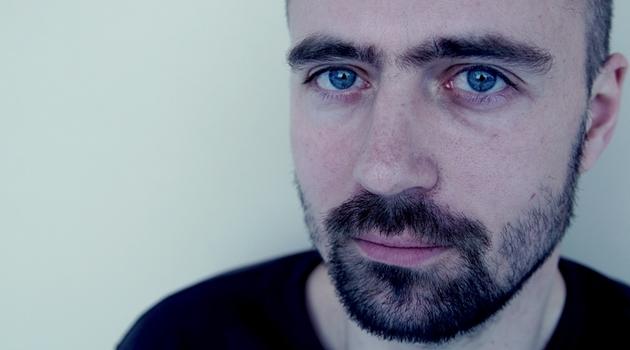Czech mayors, regional official ask EdMin not to close "practical primary" schools

The mayors of Chlumec nad Cidlinou and Nový Bydžov in Hradec Králové Region are asking the Czech Education Minister not to let schools providing special needs education die out. Their open letter has been signed by a regional councilor and by dozens of municipalities and schools from all over the Czech Republic.
News server iDNES.cz reported on the open letter on 23 April. The reporting confuses the concepts of specialized schools (in Czech "speciální školy") with that of the "practical primary" schools (in Czech "praktický školy"), which were once also referred to as "special" schools (in Czech "zvláštní"); no one is actually suggesting that the specialized schools be closed.
The open letter has been joined by many experts, mayors and school directors from all over the country. The Hradec Králové Regional councilor responsible for the schools, Táňa Šormová, has also signed it.
Šormová, an independent who ran on the ticket of the Communist Party of Bohemia and Moravia, does not want the ongoing falling enrollments into non-mainstream schools to mean their closure. "I think the network of special schools has been built up very well in this country and I consider it unnecessary and unwise to change it this way. Integration harms both children from the practical school and those from the regular primary schools," the councilor believes.
The Czech Education Minister supports inclusive education, in which children with special needs learn together with other children in the primary schools. However, he is also doing his best to calm those who signed the letter: "We will not be undertaking a blanket, spasmodic closure of the system of specialized schools, which are adapted and equipped in terms of their conditions, expertise and staff to serve children and pupils with severe disability," said Czech Education Minister Marcel Chládek (Czech Social Democratic Party – ČSSD).
Opponents of the trend believe it will result in irreversible changes that will harm all of the Czech schools, the level of which, they believe, will decline. "Thanks to a 2011 amendment to two decrees, children who are unable to master the curriculum must now remain behind, and that demotivates and frustrates them. Not only do they suffer, but their entire families do. If the teachers want to give those children who have been held back the attention that is needed, then the teachers are not able to work sufficiently with the other children," believes special needs educator Arnošt Vítek, who also signed the letter.
Martin Šimáček, director of the Czech Government Agency for Social Inclusion, holds the opposite view. The Agency advocates educating all children together in the primary schools.
"It is better, whether children’s disadvantage is because of a medical condition or for social reasons, to educate them in a collective of their peers. It reduces their handicaps, they become familiar with a competitive environment in childhood, and to a certain degree they are pulled by the collective to improve their performance. The other children get something out of it too, as they become familiar with diversity and learn what it means when someone has a handicap," Šimáček said.
However, the Agency director admits that most Czech primary schools are not prepared to teach pupils with special needs. "They do not have enough money to provide important support measures, and I don’t just mean teaching assistants. However, there are dozens of schools in the Czech Republic that have been applying the method of educating all children together for years now," Šimáček said.